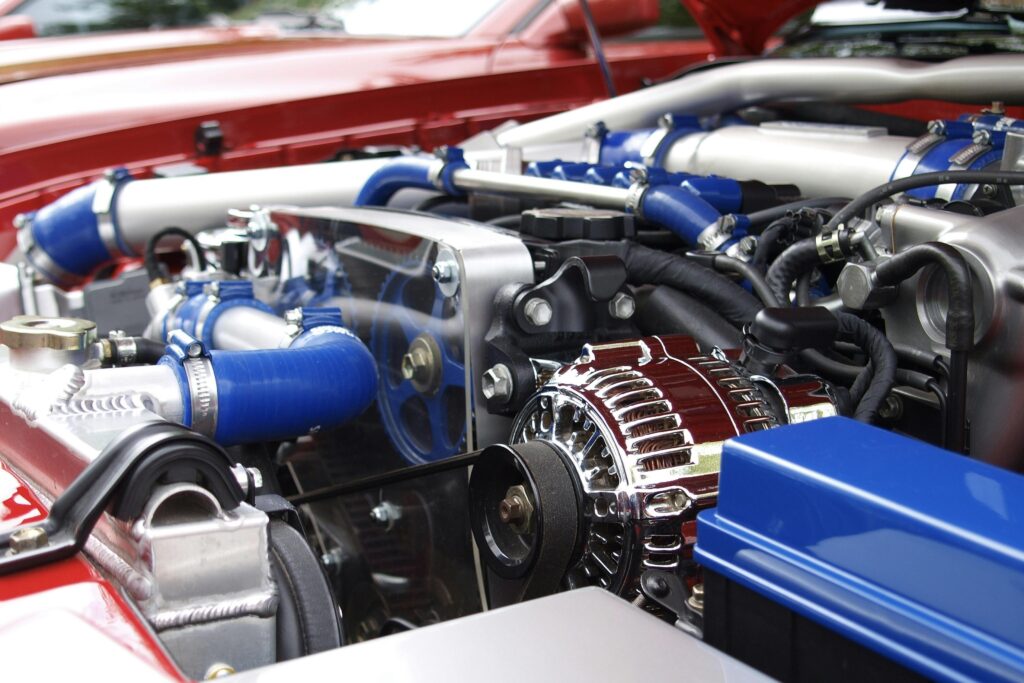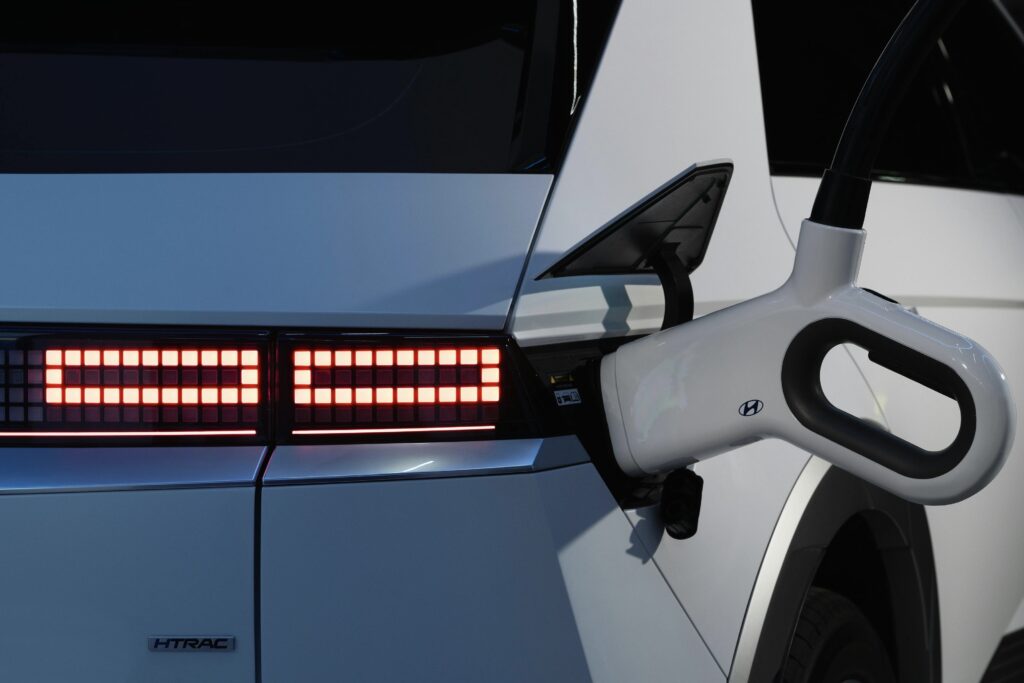The automotive industry is in a period of rapid transformation.
With significant technological advancements, sustainability concerns, and evolving consumer expectations, car manufacturers face more challenges than ever before. As we all saw with Jaguar’s rebrand at the end of 2024, there isn’t a lack of customer opinion!
As we move into 2025, here are the key consumer trends expected to shape the automotive industry over the next 12 months.

Shifting preferences in the used car market
After a period of fluctuating prices and limited inventory, the used car market is expected to stabilise with increased supply and more predictable pricing. This is good news for consumers who are increasingly prioritising value and affordability, especially considering economic uncertainties. While cost-consciousness is a key factor, buyers are not willing to compromise on quality and reliability. This has led to a growing demand for certified pre-owned (CPO) programs, which offer additional peace of mind, as well as a greater emphasis on thorough vehicle inspections before purchase. There is also expected to be a surge in the availability of electric vehicles (EVs). Lower price points and a wider selection are making EVs more accessible to a broader range of consumers, especially with advancements in battery technology easing concerns about range anxiety and charging times.
Demand for Sustainable Options
Driven by concerns about climate change and environmental impact, buyers are increasingly seeking out vehicles with lower emissions and reduced carbon footprints. EVs are at the forefront of this trend, attracting consumers with their promise of zero emissions and potential cost savings on fuel. However, the availability of adequate charging infrastructure remains a key concern for many considering the switch to electric. There’s also a rising interest in vehicles being manufactured with recycled and sustainable materials. This reflects a broader awareness of the environmental impact of vehicle production and a desire to minimize waste and resource depletion. Manufacturers are responding to this demand by incorporating recycled plastics, bio-based materials, and ethically sourced components into their vehicles, appealing to the environmentally conscious consumer.
Emphasis on Connectivity and Technology
The modern consumer expects their vehicle to be an extension of their digital life with connectivity and technology-driven features. Connected cars are becoming the norm, with consumers demanding seamless integration with their smartphones, in-car Wi-Fi for on-the-go connectivity. While fully autonomous vehicles are still under development, semi-autonomous features are gaining widespread popularity. Consumers are embracing technologies like adaptive cruise control, lane assist, and automated parking, which offer increased convenience and safety on the road. There’s also growing interest in software-defined vehicles (SDVs). These vehicles can receive over-the-air updates, allowing for continuous improvement, bug fixes, and the addition of new features and personalisation options throughout the vehicle’s lifespan. This reflects a desire for vehicles that evolve and adapt alongside consumer needs and technological advancements.
Focus on Financial Flexibility
Consumers are increasingly seeking financial flexibility and personalised options when it comes to vehicle ownership and usage. With the potential for declining interest rates, many car owners are exploring refinancing options to lower their monthly payments or adjust the terms of their existing loans. Subscription models are also gaining traction, offering an alternative to traditional car buying. These services provide access to a variety of vehicles for a monthly fee, appealing to consumers who value flexibility, convenience, and the ability to experience different models without the commitment of ownership. Additionally, there’s growing interest in usage-based insurance (UBI) programs. These programs tie insurance premiums to actual driving habits and mileage, potentially offering significant cost savings for low-mileage drivers and those with safe driving records.

Personalisation and Customisation
The desire for personalisation and unique experiences is permeating the automotive industry, mirroring trends seen across the broader retail landscape. Consumers increasingly want cars that reflect their individual needs and preferences. This has led to a growing demand for bespoke features, such as personalised in-car settings that remember driver preferences, customised interior and exterior design elements that allow for self-expression, and tailored infotainment options that cater to specific interests. There’s increasing interest in adaptable vehicles with modular designs. These vehicles allow for customisation and upgrades over time, enabling consumers to adapt their cars to evolving needs and preferences. This could include anything from adding new technology features to modifying the interior layout to accommodate growing families or changing lifestyles.
Industry Impact
The following areas will be key in meeting consumer demands and ensuring a prosperous year ahead.
Product Development – Focus on developing sustainable, connected, and personalised vehicles that cater to evolving consumer preferences.
Marketing and Sales – Emphasise value, transparency, and financial flexibility in marketing and sales efforts.
Customer Service – Provide seamless and personalised customer service experiences that cater to the digital savvy consumer.
Technology Integration – Embrace new technologies like AI, connectivity, and autonomous features to enhance the driving experience.
Sustainability Initiatives – Invest in sustainable manufacturing practices, recycled materials, and electric vehicle development.
With these themes in mind, automotive manufacturers, dealerships, and service providers will be able to position themselves for success in 2025 and beyond.
At BEAM we specialise in automotive research. If you would be interested in finding out how we can help you get to know your consumer better, drop us a line on here.
